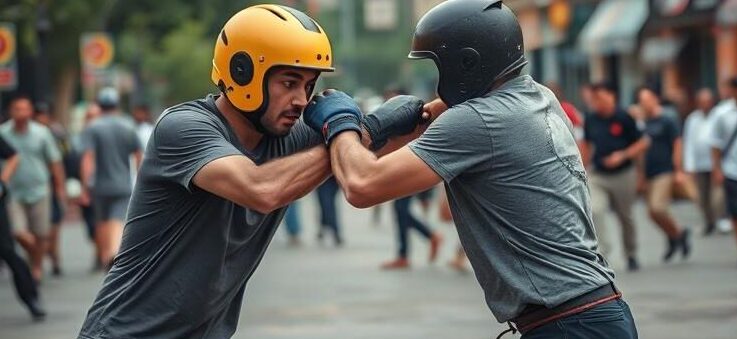- About Us
- Legal Services
- Family Law
- Property
- Marriage
- Immigration
- Contact
- Payments
Criminal assault in Thailand is one of the most common crimes. Known in Thai as “การทำร้ายร่างกาย” (kan tham-rai rang-kai), it encompasses a range of violent acts. Assault ranges from a smack on the face to an assault causing death.
The legal consequences from assault ranges from prosecution, improvement of a fine. The severity and circumstances defines the classification as simple assault, aggravated assault, and assault resulting in death or disability. This classification of assault is important to Thai citizens, tourists and expats in Thailand. We will look at the statutory basis, the criminal procedures and defenses in these circumstances. Always speak to a criminal law firm in Bangkok for advice.

| Law | Section | Title | Summary |
| Penal Code | Section 295 | Simple Assault | Defines physical or mental harm to another person |
| Penal Code | Section 296 | Assault Causing Serious Injury | Punishes grievous bodily harm |
| Penal Code | Section 297 | Aggravated Assault | Includes torture, vulnerable victims, or death |
| Penal Code | Section 298 | Assault on Officials | Increased penalties for attacks on officers |
| Penal Code | Section 299 | Group Assault | Penalty increase for group violence |
| Penal Code | Section 300 | Assault to Death | Applies when death results without intent to kill |
| Penal Code | Section 68 | Self-Defense | Provides lawful protection against attacks |
| Penal Code | Section 59 | Intent and Negligence | Clarifies elements of criminal intent |
| Criminal Procedure Code | Sections 83, 87, 94, 117, 131, 140, 227 | Procedure | Governs arrest, detention, trial, and rights |
| Civil and Commercial Code | Section 420 | Tort Liability | Victim’s right to compensation |
| Thai Statute | Domestic Violence Victim Protection Act (2007) | Special Protection | Legal remedy for domestic abuse victims |
The information contained in our website is for general information purposes only and does not constitute legal advices. For further information, please contact us.
